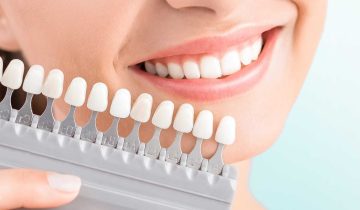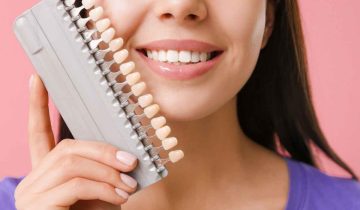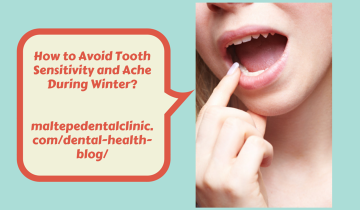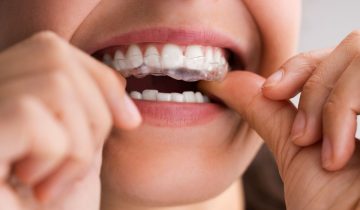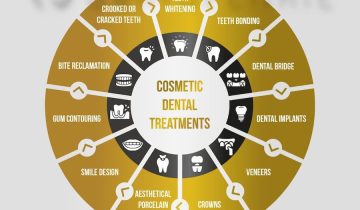Last updated on April 13th, 2023
Veneers aftercare is as important as getting veneers. Though patients tend to do extensive research before getting any dental treatment like veneers, they seem to be ignoring their dental care after getting veneers.
Veneers can correct numerous imperfections and improve your life quality in many ways. Problems like gummy or gaped smiles, discoloration, sensitivity, or receding gums can be restored successfully with veneers. By solving many such issues, veneers help you boost your confidence and feel better both functionally and aesthetically.
Veneers aftercare is as important as the process of getting them. Some people think that porcelain is a solid material, and it never decays or loses its color. To some extent, it is true. However, you should still take care of your veneers as much as your natural teeth. Regular care and great attention are still required after you have got your veneers. Your dentist typically discusses the aftercare procedure with you just after you get your veneers.
In this post, you will read about some essential veneers’ aftercare routines that may help you maximize the comfort and beauty of veneers for a more extended period.
Oral Hygiene
Oral hygiene involves regular brushing, mouth washing, and flossing. These simple hygiene routines are not special advice to those having veneers only. Anyone willing to have dental health is supposed to do so.
Also, some people think that porcelain veneers do not need any aftercare action since they are already strong and safe. Although porcelain veneers are highly resilient against discoloration or decay, bacteria can still accumulate on your gums and can incise into your teeth.
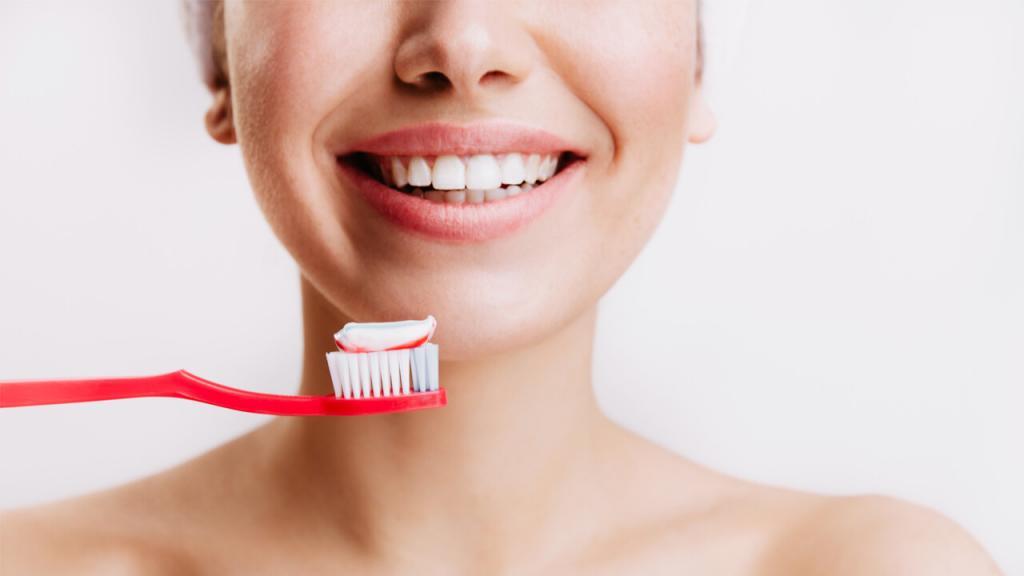
Also, it is natural that porcelain veneers wear out in time and lose the resilience they had in the early days, making it easier for bacteria to cling and survive on your teeth. Therefore, porcelain veneers aftercare is required, and keeping decent oral hygiene becomes more critical as your veneers wear out.
Teeth Friendly Diet
As mentioned above, porcelain veneers wear out in time, and you can observe discoloration and decay if you ignore dental care after veneers. Following a teeth-friendly diet is of great importance to maintain good veneers aftercare. You should be careful while chewing hard foods like nuts or candies. You should strictly avoid using your teeth for any challenging purpose, such as cracking a walnut shell or opening a Coke bottle.
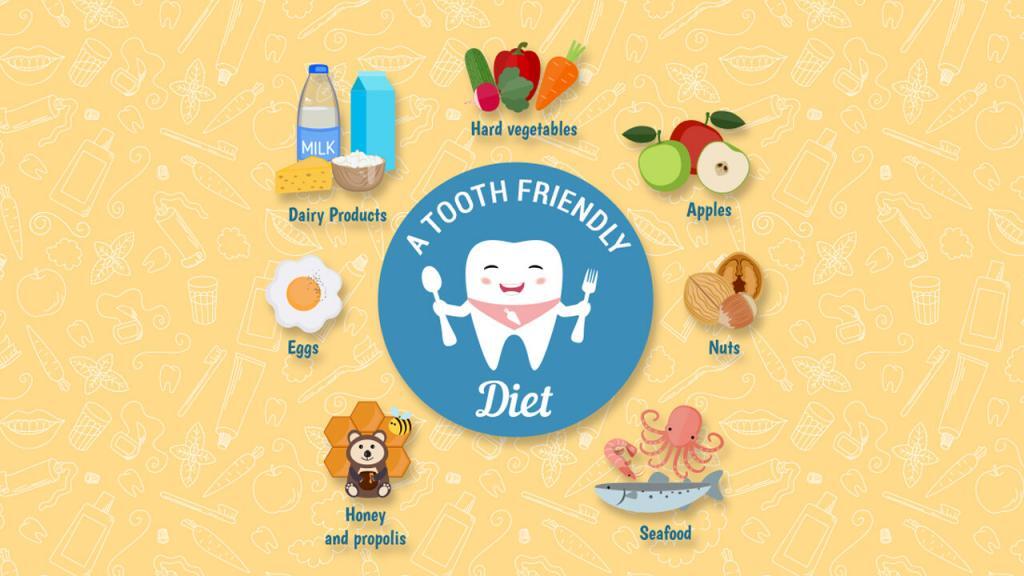
Speaking of which, you should stop or reduce drinking Coke or other fizzy drinks. Tea, coffee, and alcohol are also highly detrimental to veneers. They can make your veneers wear out sooner than expected. You can also consider stopping smoking since nicotine stain stays on your veneers for more time, and it is harder to get rid of that with regular brushing.
Regular Dentist Visits
As part of veneers aftercare, visiting your dentist is particularly important. Getting your veneers done might mean you have a significant positive change in your life. However, it is not the end at all. Proper veneers aftercare is only possible with appropriate maintenance of your veneers and other teeth in your mouth.
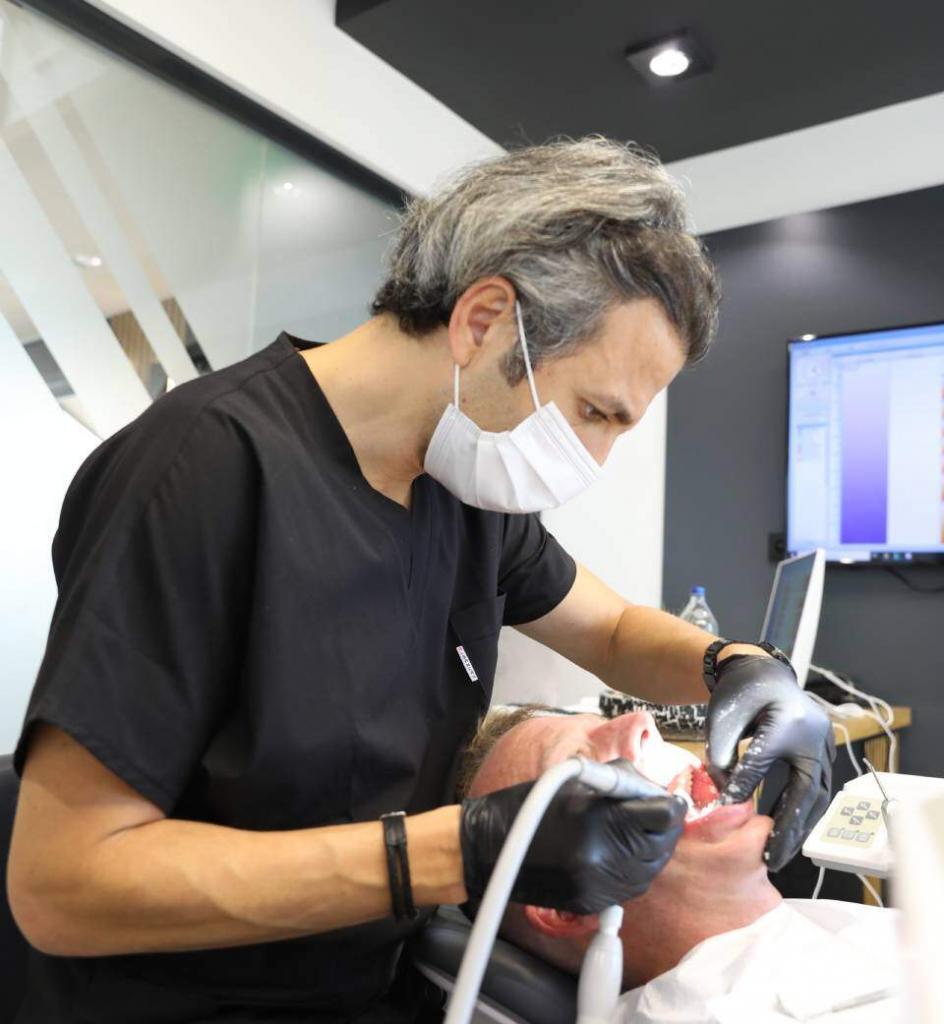
Visiting your dentist regularly allows you to monitor potential problems in advance and act proactively while solving existing problems. Also, regular checkups and dental cleaning help you extend the lifespan of your veneers.
Nightguards
Grinding or clenching during sleep is one of the most common causes of teeth wear out. Normally, nightguards are advised to the patients having grinding problems. However, when it comes to veneers aftercare, you are even strongly advised to wear a nightguard whether you have a grinding problem or not.
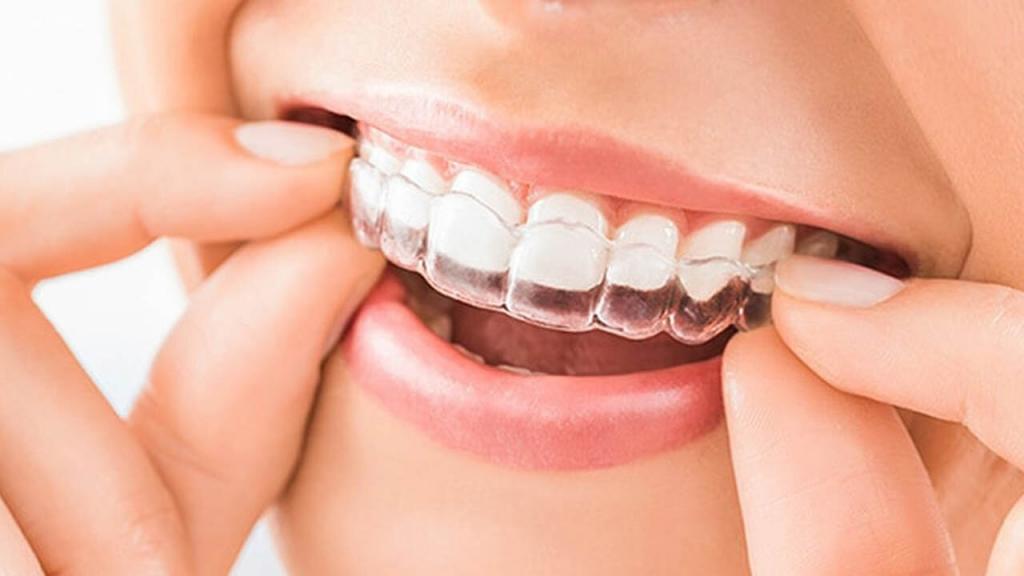
Bruxism might damage veneers easier than natural teeth, which might dramatically decrease your veneers’ lifespan. While 10-15 years of use is estimated for porcelain veneers, avoiding corrosion by using a nightguard, you can use your veneers for up to 20 years. Considering that a normal person spends 1/3 of his day sleeping, wearing a nightguard will help you keep your veneers safe and healthy.
Do Veneers Stain Or Discolor?
Veneers are generally resistant to staining and discoloration due to their non-porous nature. They are made from materials like porcelain or composite resin, both of which are designed to mimic the appearance of natural teeth while providing a more durable and stain-resistant surface.
Porcelain veneers, in particular, are highly resistant to staining because of their smooth, glass-like surface. They are less likely to absorb stains from foods, beverages, or tobacco compared to natural teeth. However, the cement used to bond veneers to the teeth can still become stained over time, especially if it is exposed at the edges.
Composite resin veneers, while still more stain-resistant than natural teeth, can be more prone to discoloration compared to porcelain veneers. Regular dental check-ups and cleanings can help maintain the appearance and brightness of composite veneers.
Keep in mind that while veneers are resistant to staining, your natural teeth are not. Therefore, it is crucial to maintain good oral hygiene and visit your dentist regularly to ensure color consistency between your veneers and natural teeth.
FAQs About Caring Veneers
What is the best way to clean my veneers?
Clean veneers using a soft-bristled toothbrush, non-abrasive toothpaste, and gentle circular motions, followed by flossing and rinsing with mouthwash.
Can I use regular toothpaste and mouthwash on my veneers?
Yes, use regular toothpaste and mouthwash on veneers, but opt for non-abrasive toothpaste to prevent surface damage.
How often should I visit the dentist for veneer maintenance?
Visit your dentist every 6 months for veneer maintenance and professional cleaning.
Are there any specific foods or drinks I should avoid to protect my veneers?
Avoid hard, sticky, or staining foods and drinks to protect veneers, like hard candies, coffee, and red wine.
Can I still whiten my teeth after getting veneers?
Consult your dentist for teeth whitening options, as veneers don’t respond to traditional whitening treatments.
What should I do if my veneer becomes chipped or damaged?
If a veneer is damaged, visit your dentist promptly for assessment and repair options.
How long can I expect my veneers to last?
Veneers typically last 10-15 years with proper care, but longevity may vary based on individual factors.
Can I still get cavities with veneers?
Yes, cavities can still form under or around veneers, so maintain good oral hygiene and regular dental checkups.
Is it safe to use an electric toothbrush on my veneers?
Using an electric toothbrush is safe for veneers, but choose one with soft bristles and a gentle setting.
What precautions should I take while playing sports or engaging in physical activities to protect my veneers?
Wear a custom-fitted mouthguard during sports or physical activities to protect veneers from potential damage.
Bottom Line
Getting veneers is one of the best things that you can do for yourself in your whole lifetime. However, veneers come with a limited lifespan, like 10-15 years. If you take good care of your veneers, especially the porcelain ones, you can use them for 20 years.
Keeping simple dental routines alive after veneers, you can make the most of them and enjoy your beautiful and healthy smile for long years. This will save you a great deal of time and money, as well.

